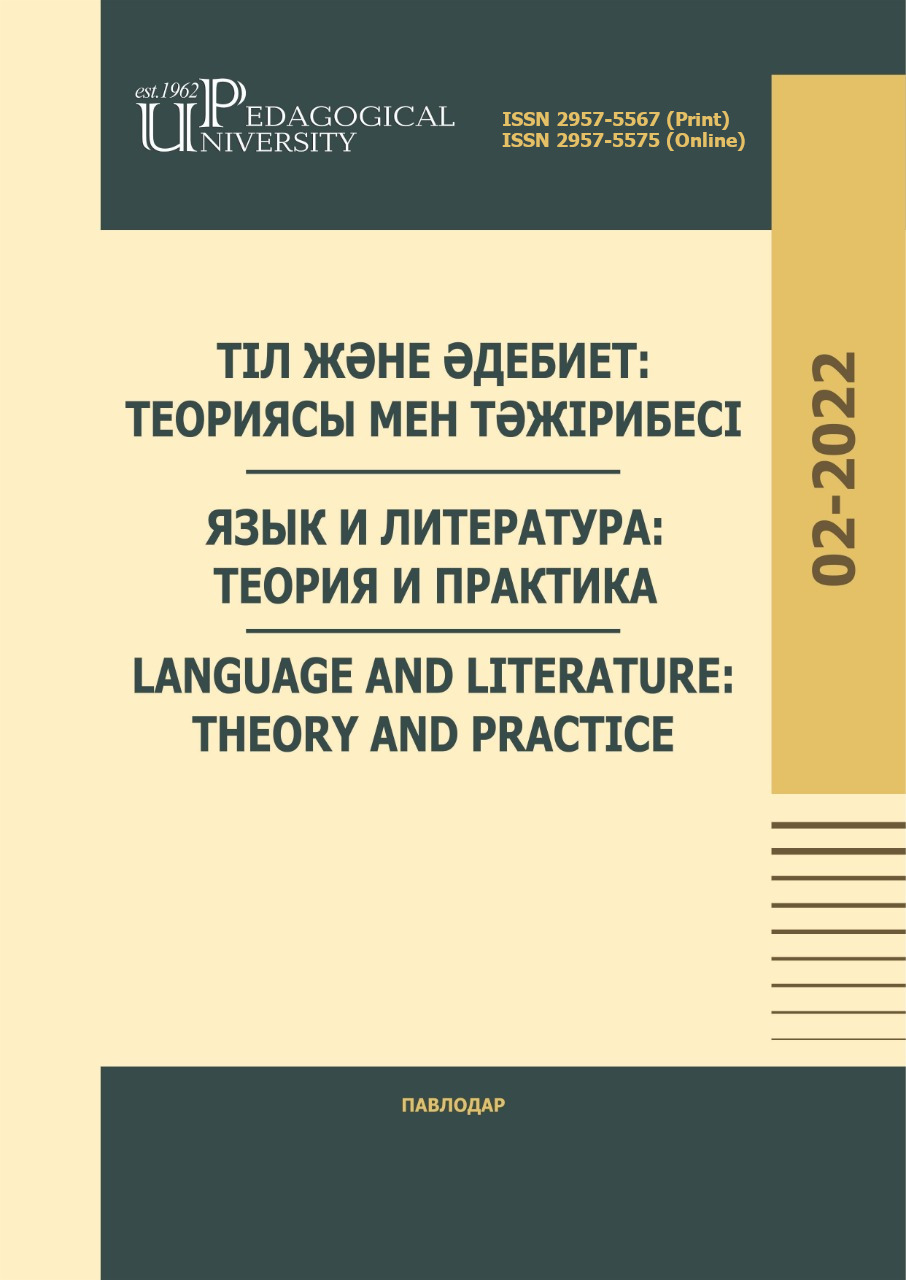Школьники и пандемия: Психолингвистическое восприятие
DOI:
https://doi.org/10.52301/2957-5567-2022-2-16-27Ключевые слова:
языковое сознание, свободный ассоциативный эксперимент, пандемия COVID-19, ассоциативное поле, карантин, маска, социальная дистанцияАннотация
Данная статья посвящена исследованию психолингвистического восприятия пандемии особой категорией – школьниками. В связи с тем, что ученые отмечают необходимость осмысления и познания новой реальности, неизвестной большинству человечества, важным становится изучение влияния этой ситуации на различные возрастные и социальные группы. В качестве метода исследования выбран свободный ассоциативный эксперимент, так как он является самым простым из всех ассоциативных экспериментов и при этом достаточно эффективным. В статье анализируются результаты свободного ассоциативного эксперимента, проведенного среди учащихся средней школы в возрасте от 12 до 17 лет. Изучены реакции на стимулы: карантин, маска, социальная дистанция. Полученные в результате эксперимента реакции позволяют выявить представления и отношение школьников к предложенным стимулам. Так, наибольшую лояльность опрошенные демонстрируют к соблюдению социальной дистанции, меньшую лояльность информанты проявляют к обязательному ношению маски, а ассоциаты к стимулу «карантин» отражают негативные представления детей о данной ограничительной мере.
Загрузки
Опубликован
Как цитировать
Выпуск
Раздел
Лицензия
Copyright (c) 2022 Язык и литература: теория и практика

Это произведение доступно по лицензии Creative Commons «Attribution-NonCommercial-NoDerivatives» («Атрибуция — Некоммерческое использование — Без производных произведений») 4.0 Всемирная.
https://creativecommons.org/licenses/by-nc/4.0/deed.ru


